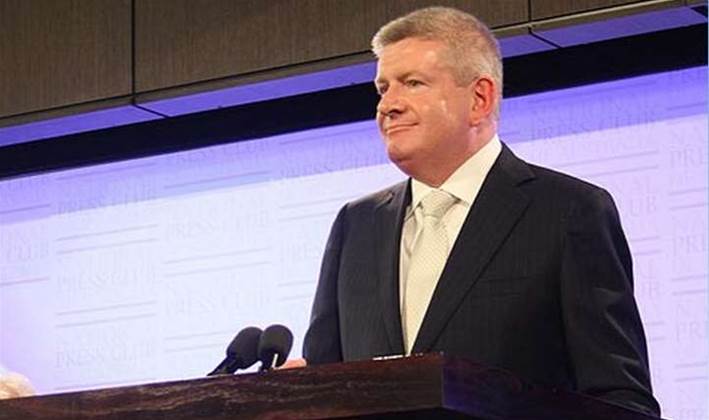The federal government has quashed calls from public safety agencies for a dedicated LTE network, today saying it would adopt the recommendations of a Productivity Commission report that suggested using existing telco networks.

In January the Productivity Commission calculated that setting aside spectrum and building a national mobile communications network for the exclusive use of public safety agencies would cost roughly $6.2 billion.
It said buying network services off a commercial provider like Telstra or Optus over a 20-year period instead would save $4 billion.
Communications Minister Mitch Fifield said the government supported "in principle" the commission’s recommendations.
Fifield said the government would set up a committee of commonwealth, state and territory officials to consider how to implement a nationwide, interoperable PSMB capability using existing telco mobile networks.
The committee will deliver its recommendations to the Council of Australian Governments in 2017.
Implementation issues to be discussed by the committee include establishing common protocols around technology, spectrum, devices and applications. Th federal government is aiming to have the network in operation by 2020.
The announcement is unwelcome news to the Police Federation of Australia, which has long called on the federal government to set aside bands of spectrum that could be used to establish a dedicated LTE mobile network for federal and state emergency services.
Police Federation of Australia CEO Mark Burgess today criticised the decision to set up a committee to make a decision on PSMB, describing it as a “talk fest” in “the longest running episode of Yes Minister”.
“As we head into bushfire season, the government continues to play with the safety of all Australians, by not having a plan in place that will ensure emergency services can communicate without fear of interruption in times of heighten need. The last thing we need is yet another committee," he said.
The union claims that relying on commercial operators means coverage blackspots that threaten first responders' ability to communicate in remote areas will remain unaddressed, because it is commercially unviable to extend network capacity into these regions.




_page-0001.jpg&w=100&c=1&s=0)




.png&w=120&c=1&s=0) Security Exhibition & Conference 2025
Security Exhibition & Conference 2025
 Integrate Expo 2025
Integrate Expo 2025
 Digital As Usual Cybersecurity Roadshow: Brisbane edition
Digital As Usual Cybersecurity Roadshow: Brisbane edition
 iTnews Benchmark Security Awards 2025
iTnews Benchmark Security Awards 2025











.jpg&h=140&w=231&c=1&s=0)


